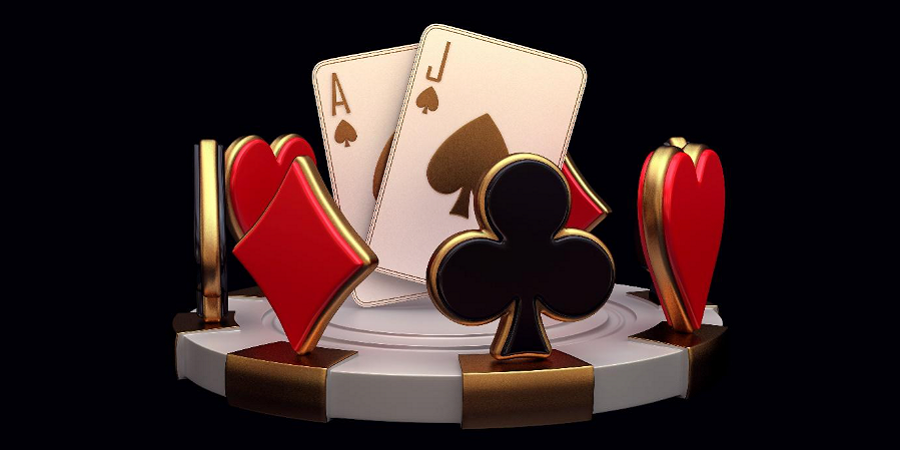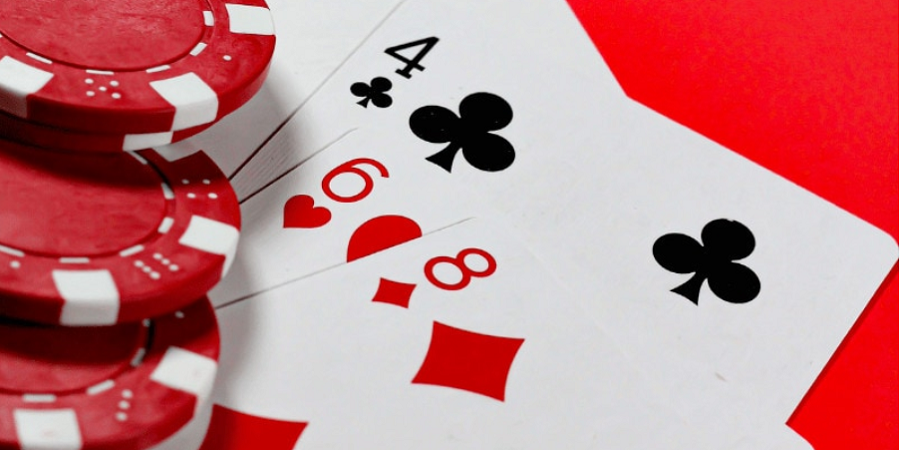History of gambling is closely linked to the history of humanity. There are clear signs that gambling took place mostly where people have gathered together. We won’t attempt to trace every twist and turn of gambling’s evolution in this article. However, we will pick some important dates to serve as milestones along the path to today’s gambling experience.
2300bc
Gambling Evidence from the earliest days
Although it seems almost certain that betting has been around since the dawning of human history, there is no evidence of any concrete evidence. In Ancient China, tiles were discovered which could have been used to play a basic game of chance. According to the Chinese Book of Songs, “the drawing of wood” is a reference in which tiles could have been used as part of a lottery-type game. Evidence is provided by keno slips that were used in around 200bc to fund state works, possibly including the construction of the Great Wall of China. The use of lotteries for civic purposes continued throughout history. Yale and Harvard were founded using lottery funds, and they continue to do so to this day.
C.500bc
Dicing with Ancient Rome’s Law Streets
Sophocles, a Greek poet, claimed that dice were invented during the Siege of Troy by a mythological hero. His writings from 500bc, however, were the first to mention dice in Greek history. Since a pair of dice was found in an Egyptian tomb at 3000bc, we know that dice existed long before this. However, it is clear that Ancient Greeks and Romans enjoyed gambling on many things, seemingly at every opportunity. All forms of gambling, including dice games, were prohibited in the ancient city Rome. The penalty for those caught was four times the amount of the stake. Ingenious Roman citizens created the first gambling chips. This allowed them to claim that they were only playing for chips and not real money if they were caught by guards. This trick will not work in a Vegas casino.
C.800ad
China: Playing the Right Cards
While most scholars agree that the first Chinese playing cards were created in the 9th Century, the rules for the game are unknown. Some believe that cards were the game and the stake. This is similar to trading card games, which are played by children today. Other sources claim that the first cards packs were paper versions of Chinese domino. The cards of this time were not comparable to the 52-card decks that we have today.
1400
Baccarat in France and Italy
Baccarat is the oldest game still being played in casinos today. This two-player card game was first mentioned back in the 1400s, when it moved from Italy to France. It took hundreds of years, many evolutions and many years to create the game we now know. While there have been many variations of the game, the most common version that is played in casinos around the world originated from Cuba via Britain and the US. There were a few modifications to the rules. Baccarat is more of a spectator game than a real game. However, because of its popularity among high-rolling gamblers, it is an integral part of almost every casino.
C.1600
Blackjack Through the Ages
Many believe that blackjack originated from ventiuna (21), a Spanish card game. This game was mentioned in Don Quixote’s 1601 book. Was it trente-un (31) which was played in 1570? Or even quinze (15) from France decades earlier? Like all these origin stories, the history of the invention of games of chance is not well-known. The French game of vingt and un, which was played in 17th-century France, is a direct precursor to the modern game. It is also the game that was brought to the United States with the early settlers from France. Blackjack was an American invention that was linked to promotions at Nevada casinos in 1930s. If a player wins with a black Jack of Clubs or Spades, he or she was eligible for 10 to 1 odds. Although the special odds were not long-lasting, we still have the name.
1638
First Casinos in Italy
In the 17th century, gambling houses that could be reasonably compared to casinos first appeared in Italy. In Venice, for example, the Ridotto was founded in 1638 to provide a safe and controlled environment in the midst of chaos from the carnival season. In the 19th century, casinos and casino bonuses systematically began to appear all across Europe. At the same time, more informal gambling houses in the US were becoming popular. Steam boats that transported wealthy traders and farmers up and down the Mississippi were the perfect venue for informal gambling. When we think about casinos, we often picture the Las Vegas Strip. It was created out of the devastation of the American Depression.
1796
The Little Wheel of Paris
Roulette as we know today was invented in Paris by players who were familiar with the wheel now known as the American Roulette wheel. The ‘European’ version of the game with one green zero took 50 more years to arrive, which is something that generations of roulette players are grateful for. The popularity of roulette increased over the 19th century. In fact, the Monte Carlo casino adopted the single-zero version of the game. However, the Americans remained faithful to the double zero wheel.
1829
Poker Boom
It is difficult to pinpoint the origin of poker. As with many other games, poker has evolved organically over time. Some believe poker’s antecedents are from Persia in the seventeenth century. Others claim that it was inspired by Poque, a French card game. We do know that Joseph Crowell, an English actor, reported that a recognized form of the game had been played in New Orleans in 1829. This is the best date for poker’s birth. Up until the introduction of world poker tournaments in Vegas in 1970s, the popularity of the game was slow. Online poker and the ability to watch the live poker matches on television made poker a hugely popular game. After qualifying online, Chris Moneymaker, an amateur poker player, qualified for the 2003 World Poker Championship and won it. This allowed everyone to imagine themselves as millionaires in online poker.
1891
New York: One-armed bandits appear
New York’s Messrs Sittman and Pitt created the first gambling machine that resembled modern slots. They used 52 cards on drum reels and made a type of poker game using the 52 cards. Charles Fey, a San Francisco resident, invented the Liberty Bell machine. This machine was more practical because winnings could be controlled precisely, which marked the beginning of the real revolution in slot games. This invention is why some video slots still use bell symbols. Although early machines produced gum and cigars instead of money, these money-dispensing machines quickly became a standard in bars and casinos all over the world. This was the catalyst for the invention of the first online video slot in 1976.
1910
Gambling in the USA: Two Sides to the Same Coin
Since the arrival of European settlers, the United States has had a mixed relationship with gambling. While Puritan bands of settlers prohibited gambling in their new settlements and made it illegal, emigrants from England were more open to gambling and more than happy for it to be tolerated. This dichotomous relationship continues until today. In 1910, public pressure forced a nationwide ban on gambling. This prohibition proved difficult to enforce, and gambling continued in a discreet way. Gambling was legalized again after the Wall Street Crash in 1930 and the Great Depression. For many, this was their only hope of alleviating their poverty. Online gambling remains a gray area in the United States, even though gambling is legal in some states today, most notably in Las Vegas, Nevada. Many international online casinos cannot accept American clients at the moment. However, there are signs that this trend will change.
1994
The New Frontier in Gambling
Microgaming is a leading developer of slot games and casino software in the world. They are also pioneers of online gaming. It was 1994 that the first virtual casino opened their doors. This is roughly 2300 BC in internet terms. In just five years, online gaming had grown to be worth more than a billion dollars. Today there are over 1,000 online casinos and the number continues to grow. Playtech was the first to offer live dealer casinos. This brought us closer towards a hybrid of brick-and-mortar casinos and the virtual one.
The Future
What’s next?
It’s almost as hard to predict the future of gambling as it is to discover the origins of some of the gambling games that we know today. The mobile gaming market is the main focus right now, with online casinos trying to make their content compatible with newer handheld devices. Virtual reality technology is still in its early stages as a commercial proposition. You can be certain that there will soon be gambling applications. Imagine sitting around a virtual poker room with your friends from all over, sharing a few laughs and trying to spot the tell-tale facial tick, all from the comfort of your own home. VR headsets are able to make this happen, although it may not be possible right away but will in the future if technology advances.
What about after that? You don’t know what the future holds, but gambling is a game that can be won or lost.






